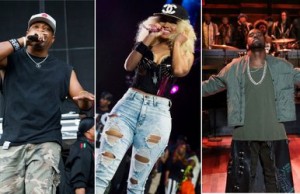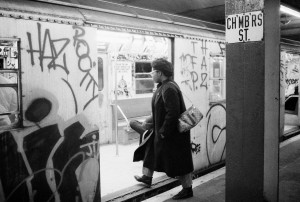I wrote this piece for The Atlantic and it went live yesterday afternoon. Unlike many of my other articles, this is one that asks as many questions as it answers. In particular, I am interested in whether the decline of sample-based hip hop, which was weakened by ridiculous copyright rules, was at least partly responsible for the concomitant decline in socially conscious mainstream rap. (Not dealing with the “underground” here, where artists like Immortal Technique, dead prez, Jasiri X, Rebel Diaz, Brother Ali, and others are clearly doing political work with their music.) My idea is that sampling provided a crucial connection to a musical and political past, reminding rappers and audiences alike that they were part of a broader creative tradition. Without this mindset–the sense that you’re part of something bigger than yourself–I wonder if it’s easier to revel in mindless self-aggrandizement the way many mainstream rappers do.
I’ve already gotten a lot of feedback on this, almost all positive. However, some people have accused me of trashing today’s music based on my old-person nostalgia for “golden age” rap. There might be a grain (just one) of truth to that. But at least I’ve got good people backing me up–I interviewed legendary producers Hank Shocklee (of the Bomb Squad) and Pete Rock for this.




